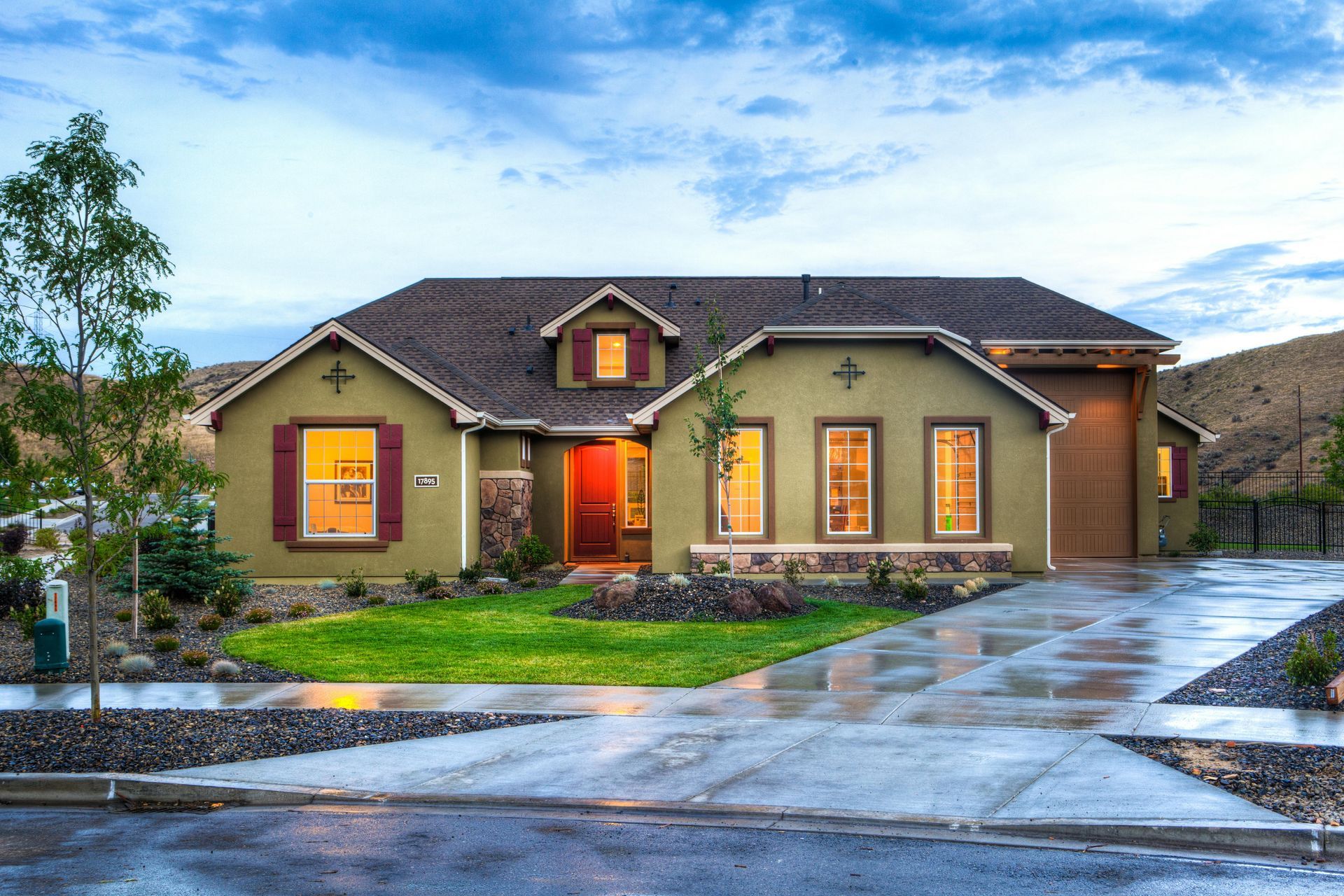
1. Have the kids moved out of the house?
One of the top reasons why so many people go big with their house purchases is to fit a growing family. But when the kids go away to school or move out of the house to start their lives, it can leave many bedrooms sitting available – rooms that have to be cleaned, spaces that wind up being heated and cooled with no one in it. If you no longer need a four or five-bedroom home, it may be prudent to downsize to something smaller and cheaper. In fact, you may find that a significant amount of money is going out the door to pay for your kid’s college degree and the home has become a financial burden. Money is often a motivating factor for knowing it is time to downsize your house.
2. Do you want to keep costs down?
Expenses are a major reason people downsize their homes. Big houses are expensive to maintain, to insure and costs more in property taxes. Big houses also lead to higher utility bills. With a smaller home, you will save money on your monthly and yearly costs. If you are close to retirement or you are already retired, these savings can make your retirement funds go much, much further. If your house repairs are being done with short term rather than long term goals it might be time to move on.
3.
Are you worn out from taking care of your property?
Large houses require a lot of upkeep, as do big yards. Keeping a big home clean and in good working order is a lot of work. Mowing an expansive lawn takes a lot of time, and cutting the grass only gets harder as you get up there in years. Raking up the leaves in the fall is tedious even when you are young and fit. Keeping up with the leaves when you 5/8 are older is tiresome. You may pay for landscaping and cleaning services to take care of all these things, or you may just be resolved to working for hours each week on keeping up your property. Either way, you may be wondering if there is an easier option. A small home takes less effort to keep up, and a townhouse or condo is even less work because the exterior work is handled by the management company. You should get a complete understanding of which housing choice makes the most sense a home or a condo. Have to look at the advantages as well as disadvantages of homes vs. condominiums. If you travel a lot of just don’t have the time necessary to keep up with a home, a condo may be the best move. If on the other hand, you can’t stand the thought of losing control what goes on around you, a home may be the wisest choice. When downsizing these are subjects that should be thought through thoroughly.
4.
Do you need to be in a different area?
Your life is changing all the time, which means your priorities and the demands of your day will change too. Sometimes downsizing is necessary to accomplish a primary goal. You may have grandchildren you want to be close to, or another family member or loved one that you either want or need to be nearby. You may have obligations to a group or organization that are hard to meet in your current location. Or you might want to be closer to things you know you are going to need in the future, like healthcare. Selling your current home and moving into something smaller is usually the best way to get close to the things that are important to you. Your willingness to go with a smaller property gives you options.
5.
Is the design of your home no longer conducive to your present needs?
One of biggest problems as you age can be mobility. If your home is designed for multiple floor living It may be time to move, even if the monetary change is marginal, having the one floor living, or elevators can be critical.
6. Do you have a lot of equity in your home?
If your house is paid off, or if you have a considerable amount of equity in your property, you may be able to sell your home, buy a smaller house in a cheaper area, and still have a sizable amount of cash left over. Depending on where your home is located, the market and how much the home as appreciated in value, you may find that your house is now worth far more than you imagined. You can find a smaller, less expensive home and add a lot to your retirement – or use the money for whatever you need it for. Let’s face it not having the burden of a mortgage feels good as well! Do, however, make sure you are up to speed on capital gains tax laws for real estate. This is one of the best home ownership perks from a financial standpoint, given the fact you can exclude up to $250,000 in profit if single and $500,000 if married. As great as the tax code is, if you live in a large, expensive home with tons of equity, you could have a good size tax bill.
7.
Do you want a change of scenery?
A big, lovely home can start to feel like an anchor. Sure, the home is impressive, but even the most impressive home can start to drag you down if you are ready to move on to a different area. You may want to live next to the ocean, or in the mountains, in a city or out of one. Many times people want something different, which is perfectly OK. Maybe hot desert air is calling to you, or you want to relax in a small, quiet town. Whatever location you are looking at, chances are if you sell your big home you will have the ability to settle there in a small, modest home. When folks get older in life, they may also find that instead of having one big home they would rather have two smaller properties. Sometimes people don’t want to leave the roots of their hometown, so they will and buy a smaller property in the same location. They will, however, also buy a second smaller place in an area they have vacationed in and simply love. Maybe downsizing sounds appealing to you for this exact reason.
Other Options:
What if you decide that downsizing your home is not the best move at present, but you need additional funds. Are there any options to get funds while remaining in my home and possibly downsizing later? There sure are! Look at the practical ways to get the equity out of your house. If you are 62 or older, a reverse mortgage is one of the best ways to remain in your house while also having access to your home’s equity.
Tips For Downsizing Your Home
Once you conclude that a smaller home is in your best interests, you’re going to need some of the best tips for downsizing your home! Here are some pointers for your consideration:
Access your current needs – for example, do you need a formal living room in your next home?
Look through your current home and look at everything you can get rid of! Do you have a hoarders’ mentality? This is something you need to change when downsizing.
Think carefully about the design of what you want in your new smaller home.
Measure your current furniture and see what will fit and what won’t in your new place. If you have oversized furniture, consider getting rid of it.
Sell items you know you will not be taking with you. A garage or yard sale is one of the best exercises when moving to a smaller home.
Figure out the storage area in your new home. Sometimes people overestimate going from a large to a smaller home in the area they will have.
Understand the best ways to pack a home for a less stressful move.




